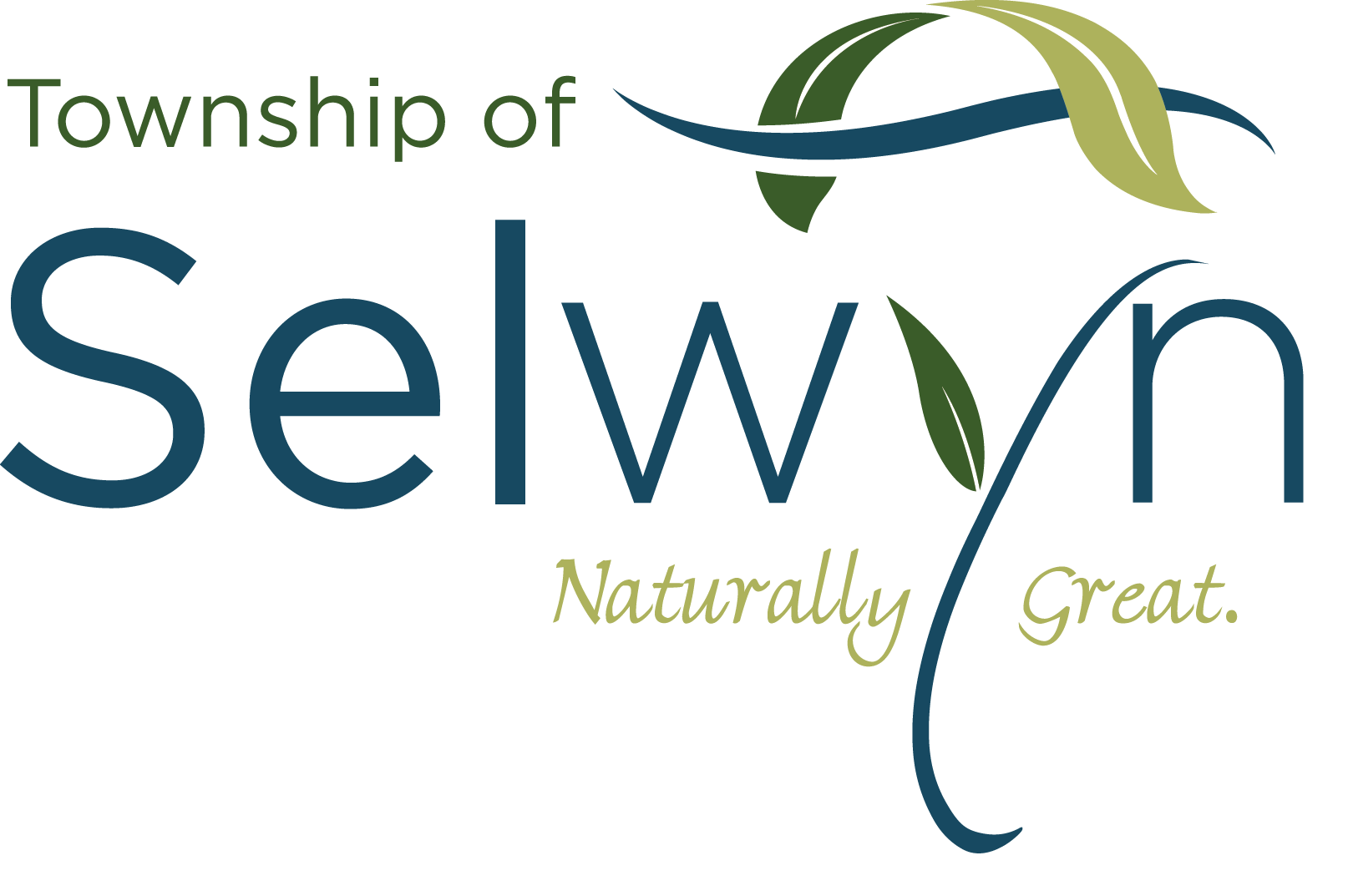Supporting pollinators in the Township is a community effort. There are many ways you can take action at home and in the community to support pollinators and the environment.
Plant a Pollinator Garden
A pollinator garden protects and supports pollinators by creating food and shelter. Pollinator gardens are also beneficial to the environment, as they often incorporate native plants which require less watering and maintenance.
Here are some tips on creating a pollinator garden at home:
- Plant a diversity of plants to support a variety of pollinators
- Plant flowers that bloom at different times to ensure a consistent source of food
- Incorporate native species that are adapted to our region
- Consider adding a water source, such as a bee bath
- Create habitat by adding bee houses or leaving leaf litter in the garden
- Purchase seeds or plants from local nurseries or through GreenUP. GreenUP offers Pollinator Garden Kits and Water Wise Garden Kits through the Ecology Park Nursery. The Ennismore Library also has a “Take a Seed, Leave a Seed” program where you can take seeds to plant at home or donate extra seeds for others to use.
Resources
Reduce the Use of Pesticides
Pesticides are harmful to pollinators. A pesticide is a substance used to control unwanted plants, insects, and pests. Pesticides can impact pollinator health and even lead to death.
If possible, avoid using pesticides in your garden. This is better for pollinators, the environment, and your health. One way to avoid the need for pesticides is to plant native species that are adapted to the local environment and less likely to attract pests.
If you have a pest problem, you can minimize harm to pollinators by:
- Accurately diagnosing the pest problem to ensure you’ve selected the right solution
- Consider manual removal of pests through traps if possible, before using a pesticide
- If you choose to use a pesticide, follow the application instructions and only apply it where needed
Visit the Pollinator Partnership website for more information.
Delay Garden Clean Ups
One way to support pollinators is to delay garden clean ups until the spring. Many pollinators overwinter in gardens, using plants and debris as shelter. Leaving leaves and dead plants in our gardens in the fall provides pollinators with the habitat they need to survive the winter.
To minimize disturbance to overwintering insects and pollinators, you should wait until April, or until temperatures are consistently above 10 degrees, to clean up your garden.
Fall garden tips:
- Leave the leaves where they are. Leaf litter provides habitat for pollinators and insects, acts as a fertilizer for lawns as it breaks down, and can be used as mulch for your garden.
- If raking the leaves, make sure to rake lightly and not disturb the soil underneath. This will help ensure that the insects stay protected.
- Pile leaves around garden beds or in corners of your yard to ensure pollinators have shelter through the winter.
Visit the Bee City Canada website for more information.
Take the Bee City Pollinator Pledge
Take the pollinator pledge and join others across Canada working to protect pollinators. Pollinators live in our backyards and we can help by pledging to protect their habitats.
The pledge involves:
- Choosing to create pollinator habitats by adding native plants to the garden
- Choosing to put in at least 3 flowering plants to bloom in each season
- Choosing to reduce carbon output where possible
- Choosing to “leave the leaves” in the garden over the winter
- Choosing to actively promote protection for pollinators and their habitats
Take the pledge on the Bee City Canada website.
Get Involved in the Community
There are many groups in Selwyn Township, including service clubs and horticultural societies, that support planting projects, including pollinator gardens and land naturalization. To learn about upcoming events that you could participate in, visit the Township’s Event Calendar, or contact these organizations directly.






